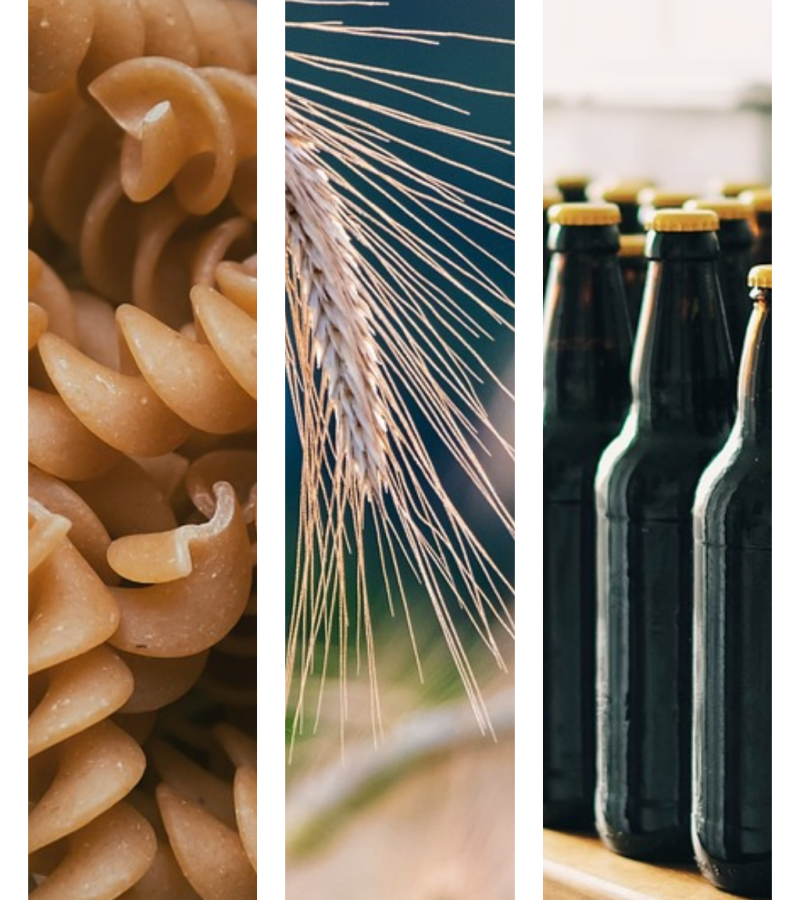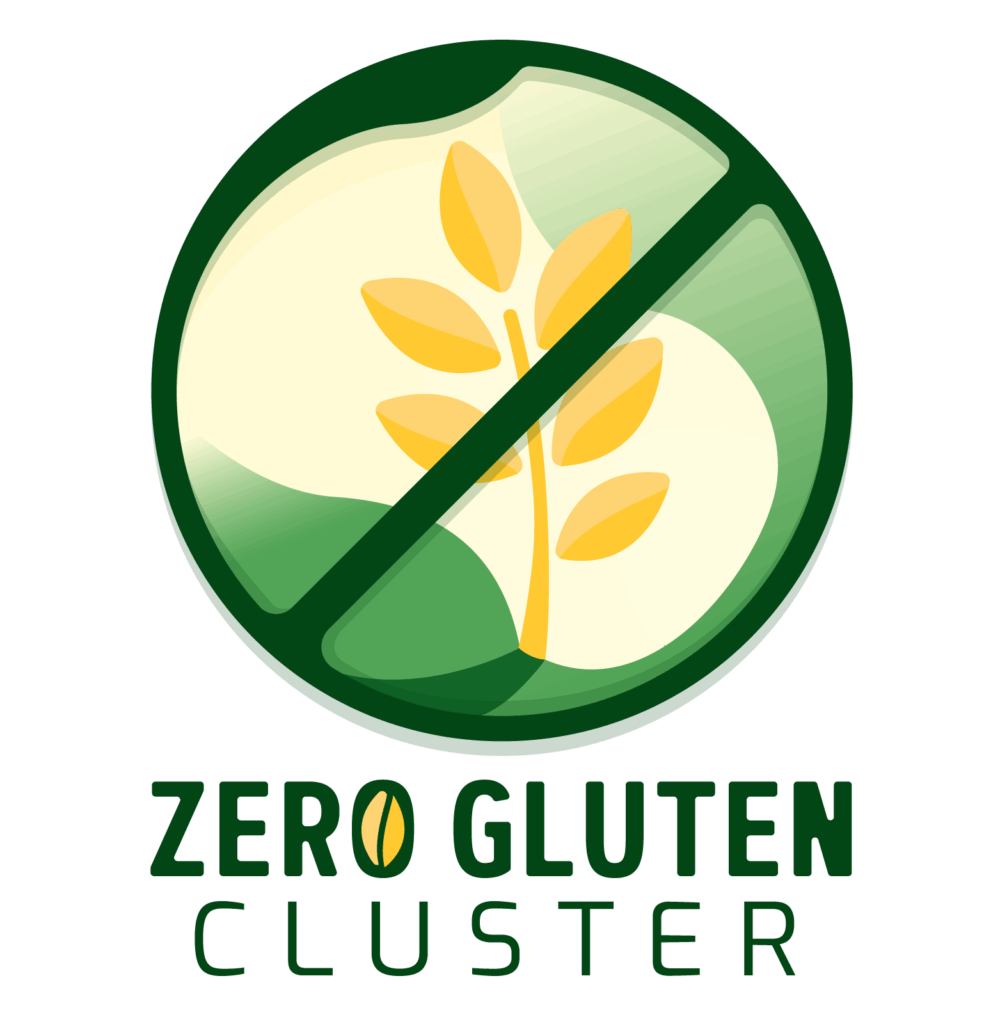Zero Gluten cluster
ABOUT US
Cluster strategy
OUR AIM
Zero Gluten Cluster was established as a pan-European initiative in response to the growing need for a coordinated, cross-border effort to develop the gluten-free sector, with a focus on sustainable health, dietary inclusion, and food innovation across multiple sectors.
Given the highly specialised nature of gluten-free development, no single country or region currently holds the critical mass of stakeholders needed to sustain a specialised, standalone cluster. Therefore, a European-scale approach was essential to bring together a diverse and complementary set of actors from the quadruple helix: academia, industry, government, and civil society.
Importantly, gluten-free products and solutions are often viewed as niche or limited to specific dietary needs. In reality, the gluten-free domain spans a wide variety of sectors and consumers, with the potential to contribute to public health, food safety, and sustainability goals. Despite this, gluten-free innovation remains underrepresented in mainstream policy frameworks, funding instruments, and research initiatives. One of Zero Gluten Cluster’s central missions is to elevate the strategic importance of this sector across Europe and beyond.
The cluster is a flagship outcome of the European Commission–funded I3-Strand-2B project “STARRISE”, which supports interregional innovation investments in emerging and strategic sectors. The foundation of Zero Gluten Cluster was laid through the Entrepreneurial Discovery Process (EDP) — a participatory methodology at the heart of Smart Specialisation Strategies (S3).
Through this process, seven regions — Latvia, Portugal, Martinique, the Canary Islands, Germany, Romania, and Greece — collaborated to assess their regional strengths and identified gluten-free innovation as a high-potential domain with cross-sectoral relevance.
The EDP involved stakeholder workshops, expert consultations, and opportunity mapping, during which a broad range of potential cluster beneficiaries were identified. These included R&D institutions, agri-food producers, health-oriented SMEs, biotech innovators, ingredient manufacturers, and public agencies. The findings revealed not only significant market demand, but also opportunities for scalable, cross-regional value chains across sectors such as Bread and Bakery Products, Pasta and Grains, Snacks and Crackers, Cereals and Breakfast Foods, Confectionery and Sweets, Flour Mixes and Baking Ingredients, Sauces, Soups, and Condiments, Frozen and Convenience Foods, Dairy Alternatives, Meat and Plant-Based Alternatives, Ready-to-Drink Beverages, Beer and Alcoholic Drinks, Nutritional Bars and Supplements, Desserts and Ice Cream, and Baby and Children’s Foods.
In response, Zero Gluten Cluster was created to bridge regions, connect innovators, and catalyze gluten-free growth at the European level. It now serves as a collaborative platform to coordinate joint research and innovation, stimulate entrepreneurship, support access to funding, and foster new value chains within the EU and in third countries.
At its core, Zero Gluten Cluster aims to raise visibility, unlock collaboration, and position gluten-free innovation as a strategic pillar of Europe’s inclusive, health-oriented, and sustainable food transformation.
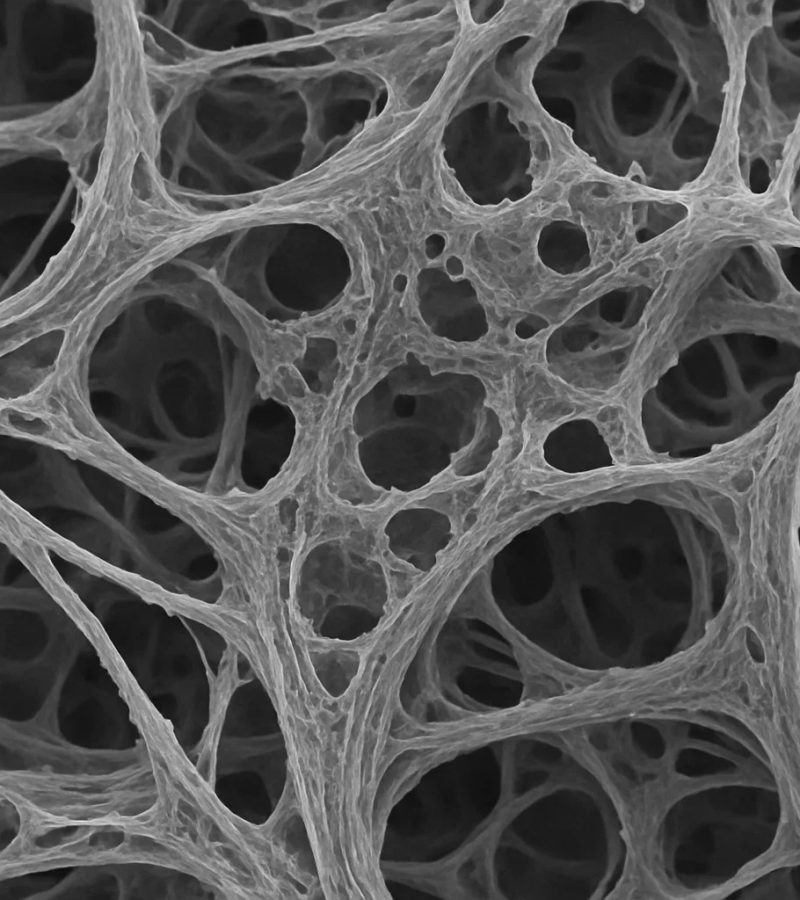
At the heart of Zero Gluten cluster lies a commitment to:
Promoting cross-sector partnerships among academia, startups, established companies, and policymakers to drive gluten-free food innovation;
Accelerating the development and market readiness of sustainable gluten-free materials and products;
Creating new business opportunities by integrating gluten-free innovation into traditional and emerging food industries;
Supporting education and raising awareness about the benefits of gluten-free solutions in fostering healthier and more sustainable food systems;
Cluster strategy
Why Join Zero Gluten Cluster?
Zero Gluten Cluster is the first dedicated platform uniting innovators, researchers, startups, corporates, and investors across the gluten-free value chain to accelerate the development of inclusive, health-driven, and sustainable food systems.
By joining Zero Gluten Cluster — completely free of charge — partners unlock a wide range of strategic benefits:
Access to a cross-sector ecosystem spanning bread and bakery, pasta and grains, snacks, beverages, dairy and meat alternatives, infant nutrition, and more
Joint development of research and business projects, including support for building consortia and applying for national, EU, and international funding schemes
Creation of new value chains across the European Economic Area and third countries, boosting cross-border collaboration and market access
Investor matchmaking and co-creation opportunities with R&D institutions, food innovators, health experts, and industry clusters
Exclusive access to a closed LinkedIn-based discussion group, fostering real-time knowledge exchange, collaboration, and curated partner searches
Regular partner-only newsletters with market insights, funding alerts, innovation trends, and policy updates, keeping you informed and ahead of the curve
Visibility and recognition as a frontrunner in gluten-free innovation, food accessibility, and the future of health-conscious product development
Whether you’re seeking to innovate, collaborate, scale, or lead — Zero Gluten Cluster is your gateway to growth, inclusion, and global impact in the gluten-free sector.
DIversity
Sectors Supported
Bread and Bakery Products
Gluten-free bakery innovation is essential for creating accessible daily staples without compromising on texture, taste, or nutrition. This sector leads in rethinking traditional techniques using novel flours, fermentation methods, and clean-label ingredients.
Pasta and Grains
With growing demand for gluten-free meal options, this sector is rapidly evolving through alternative grain technologies and regional grain diversification, offering culturally relevant, nutritionally balanced pasta and grain products.
Snacks and Crackers
This fast-growing category drives convenience and creativity in gluten-free formats. From crunchy seed-based crackers to puffed snacks, the focus is on taste, allergen safety, and clean ingredient labels.
Cereals and Breakfast Foods
Breakfast products are often wheat-based, making gluten-free options a key area for development. Innovation here includes high-fiber, fortified cereals and mueslis that meet diverse dietary needs from children to athletes.
Confectionery and Sweets
Gluten-free sweets are opening up indulgence to everyone. New developments focus on replacing wheat-based additives with safe alternatives while preserving texture, shelf life, and flavor.
Flour Mixes and Baking Ingredients
The backbone of gluten-free baking, this sector develops optimized blends for home and commercial use. The challenge lies in achieving consistency and versatility across baked goods and culinary applications.
Sauces, Soups, and Condiments
Often overlooked, hidden gluten in thickeners and flavoring agents makes this sector vital for full dietary inclusion. Reformulation focuses on transparency, clean labeling, and allergen-friendly innovation.
Frozen and Convenience Foods
Busy lifestyles demand ready-to-eat meals that are also safe for gluten-sensitive consumers. This sector blends convenience with quality, offering comfort foods and gourmet options alike in gluten-free formats.
Dairy Alternatives
Though naturally gluten-free, many dairy alternatives require careful formulation to avoid cross-contamination or gluten-containing stabilizers. This sector intersects with vegan, lactose-free, and allergen-conscious innovation.
Meat and Plant-Based Alternatives
This category includes gluten-free meat substitutes and high-protein plant-based options such as jackfruit, tempeh, seitan alternatives, and legume-based patties. Designed to meet the growing demand for sustainable and allergen-free protein sources, these products offer both taste and texture without compromising on dietary needs.
Ready-to-Drink Beverages
Convenient and portable drinks that are free from gluten and cater to modern wellness trends. This includes protein shakes, kombuchas, cold brews, and enhanced waters, formulated with functional ingredients such as vitamins, adaptogens, and electrolytes to support hydration, energy, and immunity — all without gluten-containing additives.
Beer and Alcoholic Drinks
A curated selection of beers brewed without gluten-containing grains or specially processed to remove gluten, alongside ciders, wines, and spirits that naturally fit a gluten-free lifestyle. These products ensure that consumers with gluten sensitivity can still enjoy social occasions and their favorite beverages with peace of mind.
Nutritional Bars and Supplements
Gluten-free protein bars, energy snacks, and dietary supplements created for active individuals and those with dietary restrictions. These products focus on clean labels, high-quality ingredients, and balanced nutrition, supporting performance, recovery, or general wellness without the risk of gluten exposure.
Desserts and Ice Cream
A selection of sweet, indulgent products made without gluten-containing ingredients, including cookies, brownies, cakes, and frozen treats. Many options are also dairy-free or plant-based, catering to broader dietary needs while delivering delicious taste and texture for those avoiding gluten.
Baby and Children’s Foods
Specially formulated gluten-free meals, snacks, cereals, and formula products designed to meet the developmental needs of infants and young children. These items prioritize safety, nutrition, and clean ingredients, offering parents peace of mind while supporting healthy growth without gluten-related concerns.
The Team
Meet the Project
Creators!
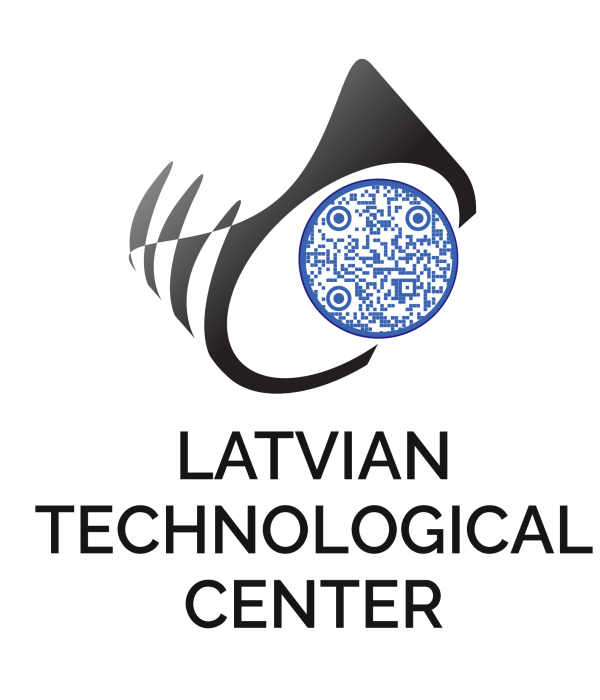
Latvian Technological center (LTC)
— Creator of the Zero Gluten Cluster, LTC drives innovation in gluten-free and bio-based industries, uniting stakeholders to advance collaboration, research, and sustainable development in the field of health-conscious food solutions.
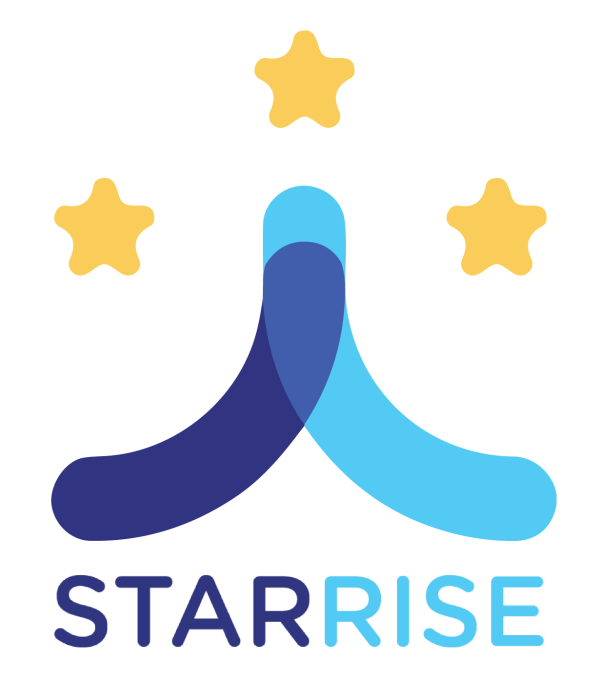
StarRise
— Zero Gluten cluster originates from the Starise project, which supports regional innovation and sustainable, cross-sector collaboration.
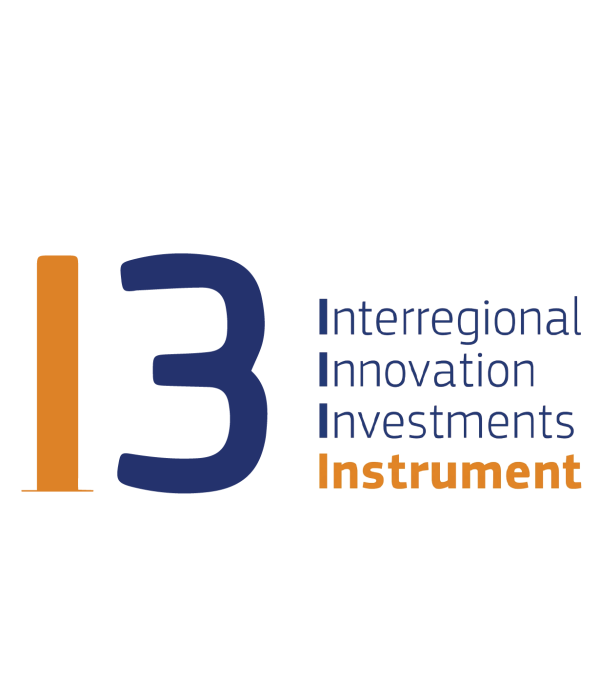
I3
— Zero Gluten cluster originates from the I3 project, which supports regional innovation and sustainable, cross-sector collaboration.

